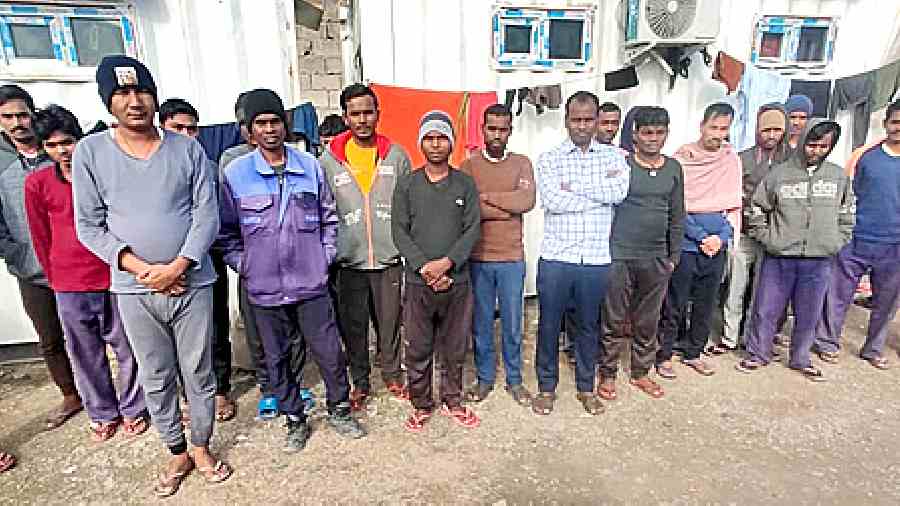Altogether 44 workers from Jharkhand, who were stranded in Tajikistan, will finally return to the country on Monday.
“There are 44 workers from the state who were pushed to near starvation in Tajikistan for want of money. They will finally return to Delhi tomorrow afternoon,” informed Sikandar Ali, a social worker from Giridih who works for the welfare of migrant workers.
They went to work at a site in Tajikistan but were not paid their salary for the past three months which made their life miserable in a foreign country, he further informed, adding the stranded workers were from Giridih, Hazaribagh and Bokaro districts.
They got the job through a man from the Bishungarh area of Hazaribagh and went to work in Tajikistan a few months ago, Ali added.
With no salary for the past three months and no response from the intermediary who sent them, they contacted Ali.
“I learnt about their plight when they contacted me about a week ago and appealed to all concerned through social media, seeking their help,” Ali said.
That was how the message reached Union minister of state for education Annapurna Devi, who is also the MP of Koderma in Jharkhand. Message also reached chief minister Hemant Soren and labour minister Satyanand Bhokta.
“They all tried to help the stranded workers,” Ali informed, adding Annapurna Devi approached the external affairs ministry while Soren and Bhokta also did their bit,” Ali said, adding that was why the matter was sorted out rather fast.
He also informed that the workers had told him that they got their arrear payment and would be boarding a flight that is expected to land at Delhi airport a little before 1pm on Monday and added they would then board trains for returning to their respective homes.
Among those 44 workers, 30 are from Hazaribagh district, 11 from Giridih and the rest are from Bokaro.
“This is not an isolated case and the workers from Jharkhand often meet such unpleasant experiences, both within the country and even abroad,” Ali said, adding strict action against clandestine placement agents could help check the menace but that hardly happens.
The state government, to keep a watch on migrant workers, had introduced a system of registration with a particular cell in the labour department but this type of incident indicates that many such workers do not follow this and go for work outside the state or the country.










